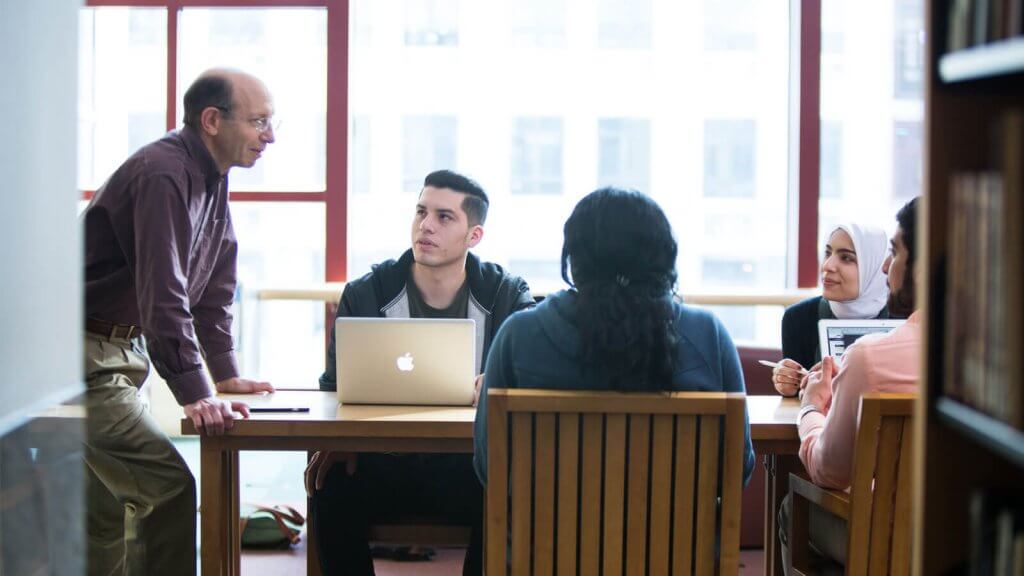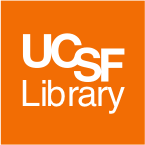From Dan Lowenstein, Executive Vice Chancellor & Provost
As a UCSF alum, faculty member, physician, and now its EVCP, my experience with the Library comes from many perspectives. I have seen time and time again that the Library is a vital place for community, collaboration, and change at UCSF. One aspect of change that the Library has boldly stepped forward to explore is space – specifically, space in the Parnassus Library.
In 2015, we received over 1,600 responses from students, faculty, and staff to a survey about the Library’s services and resources, followed by over 800 responses to a 2017 survey on the Library’s physical space. Click on the links (and use the available tabs) to read the comments and ratings for areas of improvement.
The feedback was very clear that action and improvements were needed, especially to our physical spaces at the Library, and in particular, there was a need for more UCSF-dedicated space. As a result, we are launching what we are calling the Parnassus Library Redesign Project to expand physical access at the Parnassus Library for students and others within the UCSF community. The Library has been devoted to serving the ever-changing needs of those within UCSF and beyond, and this redesign is the next substantial step to ensure that it continues to meet the learning and working demands of students, faculty, and staff.
Unfortunately, full access to the Library for the general public has led to a consistent and increasing number of disturbing activities that have caused significant concern for our students and other regular users. To better manage this, and still make sure our Library is available to the public, these modifications will help maintain a positive environment that is welcoming and safe for students and others at UCSF.
Here are a few of the key changes that will take place as part of the project:
- All five floors of the Parnassus Library will be dedicated to the UCSF community, which includes patients and their families and affiliates of other UC campuses.
- The main floor of the Library will become a 24/7 space accessible to UCSF students, faculty, and staff.
- Public access to the physical space will shift to the Hearst Room, with its own entrance to the left of the main entrance of the Library. The Hearst Room will be renovated to provide a dynamic and welcoming space where we can continue to deliver quality service and resources to the public.
The Library is committed to continuing to meet the standards best described by two of its organizational values: Remain responsive to our community and inspire learning (not to mention the UCSF PRIDE value of excellence). We are working hard to ensure that the Library’s primary stakeholders – UCSF students – have full access to an environment designed to maximize their ability to learn with minimal distraction. New University Librarian and Assistant Vice Chancellor of Academic Information Management Chris Shaffer also emphasizes, “We want to maintain high quality services for the public while improving the benefits we offer to our core clientele. We are focused on continuing to provide access for the public in an environment that provides safety for everyone.”
In recent years, the Library has accomplished a great deal and been at the forefront of change:
- Establishing the Data Science Initiative, a hub to “help researchers better manage data in support of reproducibility,” as Chris puts it.
- Installing a gathering space on the main floor, followed by opening the cafe.
- Establishing the Makers Lab, a space for UCSF students, faculty, and staff to explore their creativity for both work and fun.
- Securing a major grant to collaborate with the San Francisco Public Library and the AIDS Heritage Foundation to digitize the history of the AIDS epidemic, making materials available online for anyone to use.
- Integrating the Zuckerberg San Francisco General Hospital and Trauma Center Library into the UCSF Library system. While the two were already closely connected, this creates new opportunities to collaborate on clinical research and focus on health disparities.
- Increasing support for Open Access and the OA2020 Agreement.
- Implementing some immediate upgrades to seating and signage throughout the Library.
I am confident that this next chapter of Library evolution will help UCSF maintain its status as a leading university for learners of today and leaders of tomorrow. While the timeline has yet to be confirmed, Library staff are taking initial steps to guide the project with a series of feedback and brainstorming sessions for students, faculty, staff, and local community members.

